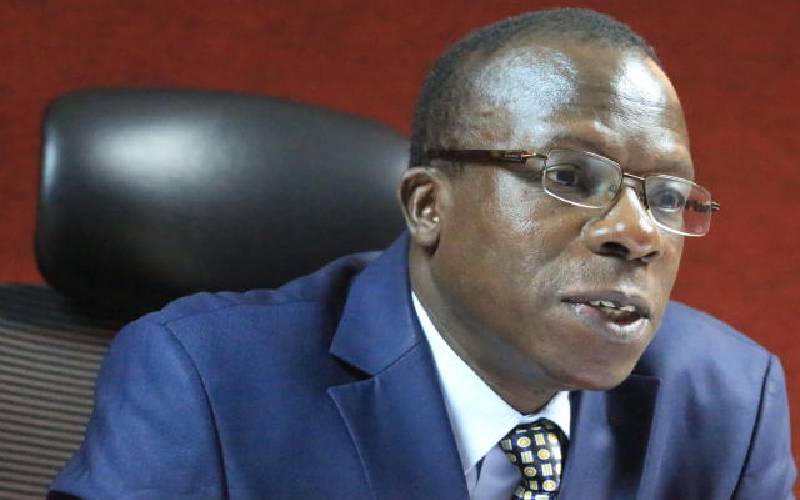
The Insurance Regulatory Authority (IRA) and the government will now be required to settle accident claims for policyholders of insurers that collapse or are unable to meet their obligations, the High Court has ruled.
In a decision likely to open up the insurance regulator to an avalanche of claims from motorists and accident victims insured by either collapsed or struggling insurance companies, Justice George Odunga ordered IRA to take care of all claims from a vehicle accident that took lives of several passengers.
The case involved Invesco Insurance Company which has been struggling to keep afloat. A policyholder has a legitimate expectation that whenever he or she insures a vehicle, the government, through, IRA has the mandate to ensure insurance firms do not run into liquidity problems, according to Justice Odunga.
“Where the State fails to protect the insured against unscrupulous insurers yet ensure that the insured take insurance covers at their costs, it is only just that the State takes responsibility for its failure to regulate the players in the industry, otherwise it would be assisting those insurers who use statutes as instruments of fraud,” Justice Odunga said further.
He said it is easy for IRA to know when an insurer is dying and take possible remedial measures. He however noted that he did not mean that the regulator should be liable for all claims of its members who have collapsed or are on the verge of collapsing.
However, for it to be exonerated from liability, Justice Odunga said IRA should explain all steps it has taken to ensure an insurance firm operates within the law, meets all its obligations before folding, and forestall an insurer from collapsing.
“Insurance companies do not just collapse. Before they do so, there are usually tale-tale signs or indicators which can easily be discerned by hawk-eyed officers of the first respondent, if they are keen enough, instead of waiting until the insurer is unable to meet its statutory obligations before moving in to perform the last rights,” he said.
A retired police officer Peter Mwau filed the case and told the court that he had two passenger service vehicles that he had insured with Invesco. In 2015, he transferred them to Intercountry Express Limited due to a perceived conflict of interest when police officers own matatus.
He said his vehicle was involved in an accident and was surprised that Invesco did not defend cases then victims filed in court. And when the court rendered its judgment, the insurer never paid the awards.
Mwau lamented that auctioneers came after him in 2018 seeking to attach his properties.
The former officer argued that it was unfair and double punishment for him to foot an insurance claim while he had paid up third-party insurance premiums to Invesco and transferred his vehicles.
He accused IRA of failing to regulate insurance players and ensuring that Ivesco had enough money to protect policyholders from claims when signs of collapsing started kicking in.
Mwau also blamed the government for failing to force IRA to ensure that Invesco complied with all policies and paid all the claims.
“As a result of these acts of omission by the respondents, they have been deprived of their rights, the accident victims have been unable to recover compensation for their injuries and the public confidence in the insurance sector as a whole has been eroded since one can never be sure the claims will be paid,” said Mwau.
 The Standard Group Plc is a multi-media organization with investments in media platforms spanning newspaper print
operations, television, radio broadcasting, digital and online services. The Standard Group is recognized as a
leading multi-media house in Kenya with a key influence in matters of national and international interest.
The Standard Group Plc is a multi-media organization with investments in media platforms spanning newspaper print
operations, television, radio broadcasting, digital and online services. The Standard Group is recognized as a
leading multi-media house in Kenya with a key influence in matters of national and international interest.










